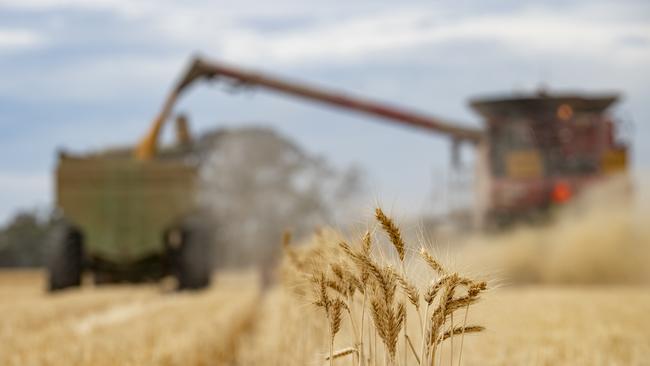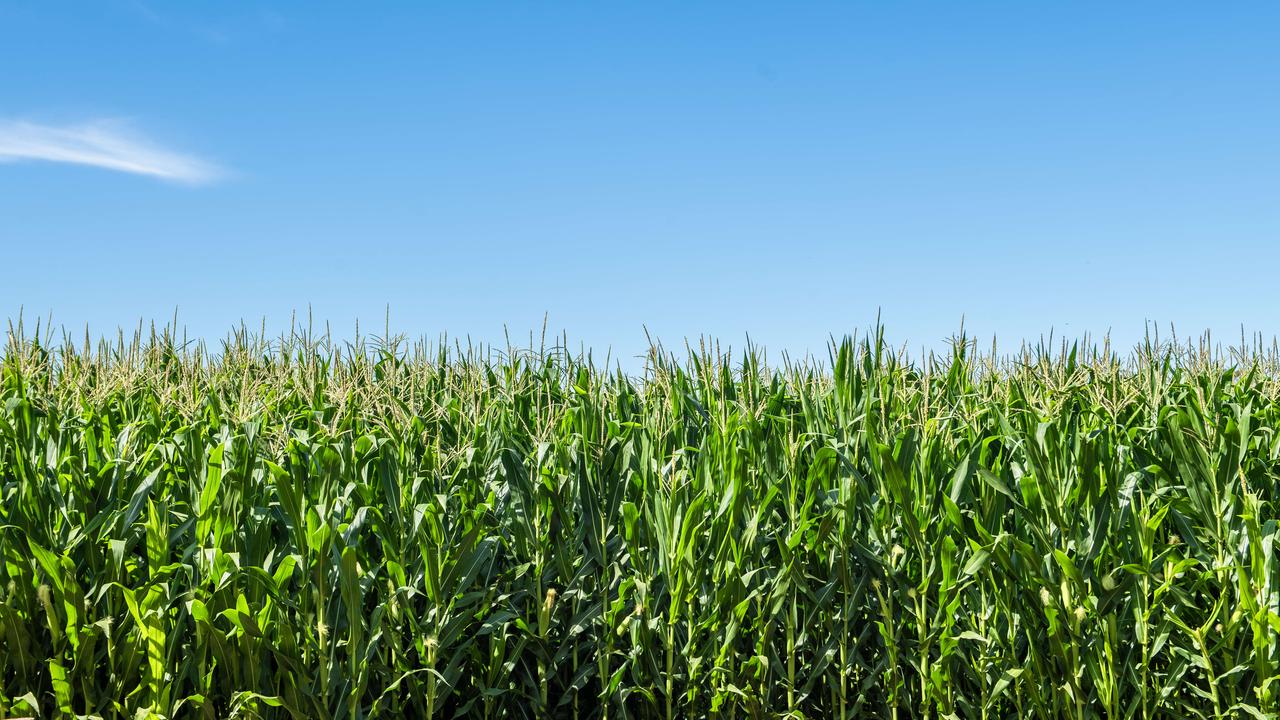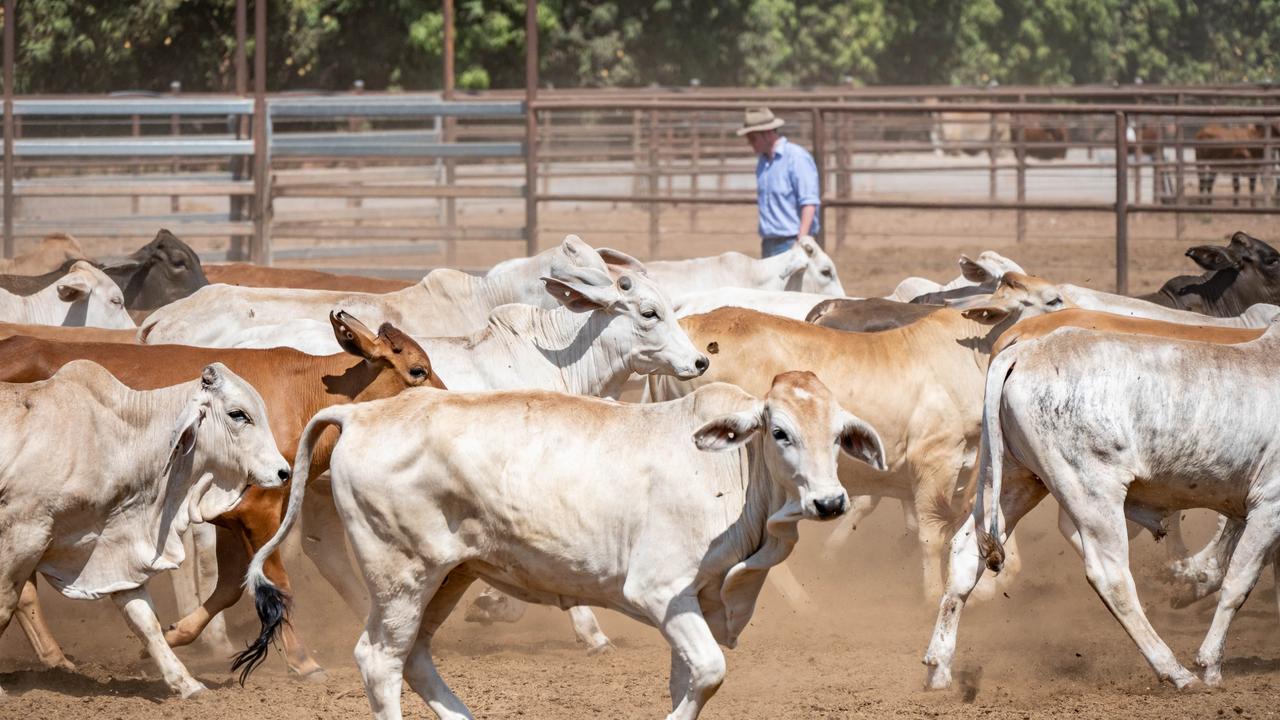Trump protectionism goes against the grain for Australian farmers
Grain farmers are bracing for the effects a new US President will have on global trade.

Australian grain producers and traders are bracing for the global fallout a Trump presidency will have on the sector, warning that the policies of both US presidential candidates marked a “considerable shift” in trade norms.
Analysis of Donald Trump and Kamala Harris’s protectionist trade policies suggests both a Republican and Democratic victory will have serious ramifications for the $13bn industry underpinning the economies of rural Australia.
A new report by industry body GrainGrowers highlights the rise in the global trade protectionism trend that has accelerated in recent years and threatens the stability of sensitive grain exports.
“With approximately 65-75 per cent of Australian grain exported annually, the sector is heavily exposed to international trade dynamics, with external shocks and events beyond its control,” GrainGrowers chief executive Shona Gawel said.
“While the US election may be taking place half a world away at a time when GrainGrowers members are flat out harvesting, it is vitally important that potential changes in the trade landscape are recognised and fully considered.”
Ms Gawel said the 65 per cent of Australian-grown grain exported every year relied on a stable trading environment, highlighting the importance of paying attention to what the US presidential candidates were pitching to voters.
Mr Trump has proposed a 10 per cent blanket tariff on imports, which analysts warned could spark retaliatory measures from other countries.
Ms Harris has indicated her administration would “employ targeted and strategic tariffs”.
The US is only a small customer of Australian grain, but as the world’s biggest economy any change to its trade policy has a ripple effect on global trade dynamics.
The report warned increased protectionism threatened to exacerbate tensions between China and the US and would lead to a cycle of decreased global trade liberalisation.
To offset the expected shockwaves, the report recommended Australia continue to diversify its markets, with particular focus on increasing engagement with Southeast Asia.
“We need sustained investment in trade diversification programs and stronger partnerships with Southeast Asia to ensure our industry’s resilience in the face of rising global uncertainty,” Ms Gawel said.
Agricultural economist Dennis Voznesenski, who recently published a book – War and Wheat: Navigating Markets During Global Conflict – detailing the effect of geopolitical disturbances on grain markets, said the protectionist trend was disrupting the liberal rules-based order of the past few decades.
“I think there has been a lot of tension bubbling away below the surface that showed up during the war in Ukraine and the Covid pandemic,” Mr Voznesenski said.
Mr Voznesenski, whose book analyses the effect wars have had on the Australian grains industry, said the issues of the past century were playing out again since the Russian invasion of Ukraine.
“It seemed like such a distant thing for so much government intervention but in the very recent past we’ve seen more of that around the world and it’s becoming more realistic,” he said.
“We’re seeing governments moving away from free trade and into trade groups and competing currencies
“It’s all unravelling right now.”
Mr Voznesenski argued that a strong biofuels industry would enable Australia to have less reliance on export markets because excess grain could be used to generate power, providing an alternate market for farmers.
“Even during peacetime it allows us to be less reliant on what’s happening overseas,” he said.




To join the conversation, please log in. Don't have an account? Register
Join the conversation, you are commenting as Logout